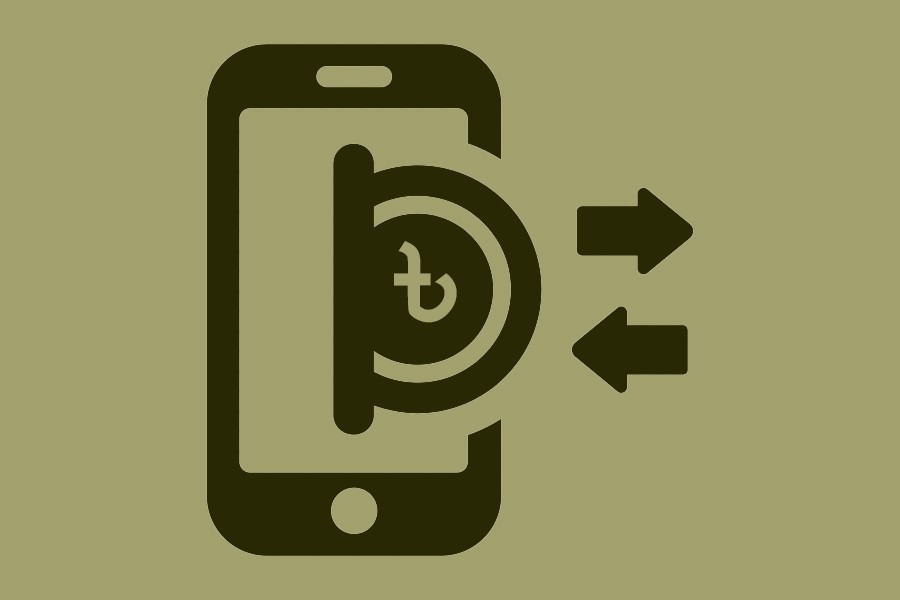In 1992, Nokia, the leading business conglomerate in Finland, made a historic breakthrough by launching the first GSM mobile phone. No doubt, the handy product was a great innovation that started revolutionising all aspects of human lives and activities to the extent that Nokia soon became a household name everywhere. Market analysts, however, observed that it was the tagline "connecting people" that also contributed to weaving the emotional thread for the innovation of the convenient communication tool. No wonder, Nokia unleashed a blitz of its massive market demand and customers' choice.
Today, mobile telecommunication has grown in wide vicissitudes and fortified itself into the fabric of human society in such a way that the prowess of the tagline "connecting people" has gone far beyond. The mobile phone is not merely a communication tool but also a convenient platform for planning works of our daily life. While the integration of internet with it has done the entire dramatic preface for transition to a new way of life, an increasing array of apps and services are now steering our conveniences for financial services, healthcare services, transportation reservation, geographic positioning to even weather forecasting and so forth.
Besides enabling end-to-end instant communication facility, the biggest benefit of the mobile phone technology is in its financial services layout. First of all, being anchored to wireless technology, mobile telecommunication has enabled financial inclusion of the unbanked people, particularly in the poor or under development economies. It has brought people under communication networks in remote and non-accessible areas even in developed or developing countries. With the facility for instant monetary transactions, from anywhere to anywhere and anyone to anyone, such services have simply contributed to an unprecedented scale of financial inclusion for all. During the stalled life in Covid-19 pandemic, the value of financial services through mobile phone could be realised better. It has also immensely spindled the explosive growth of e-commerce.
During the last two decades, the domain of mobile financial services has centred around three major aspects--- mobile transfers, mobile payments and mobile banking.
While mobile transfers were the dominant activity with cash in and cash out services, mobile payments have now become a matter of vertically growing choice and engagement. These payments range from grocery shopping to clearing utility bills such as for electricity, gas, water etc. to travel tickets to even fees for education, training and even treatment in hospitals. Through simply a numerical code or through a QR code, one can have a hassle-free instant payment and with utmost convenience.
It is estimated that mobile financial services have taken a new projectile drive with the launching of loan facilities in Bangladesh. The journey began with a test run a year ago by the City Bank Limited and bKash. Yes, the move succeeded in showing the prospect of making yet another positive outreach impact in the lives of the common people, once again the poor unbanked ones in particular. Dubbed "nano loan", it is mainly a digital micro loan initiative of bKash, leading MFS provider. The groundbreaking initiative enables the customers, especially the unbanked population, to access formal financing 24 hours seven days a week through mobile wallet at a relatively low interest rate from a scheduled commercial bank. They can avail this loan through digital credit assessment and easily avoid hassles of traditional lengthy borrowing process.
However, the biggest benefit of this new endeavour is that it empowers the poor and small traders or even individuals, all being bkash customers, to meet their instant need for a financial support of an amount that ranges from Tk 500 to Tk1,000 with repayment facility in instalments. With no hassle of completing the traditional long process of availing loan from bank and this being collateral free, this is indeed yet another bold step towards enabling the unbanked people to become a part of the financial ecosystem in the country.
This initiative represents a major milestone in promoting the government's wider vision for a 'Digital Bangladesh' wherein a cashless society, financial inclusion of all irrespective of economic classification, instant transaction abilities, elimination of bureaucratic hassles and above all, conveniences of all kind of financial dealings will be ensured.
According to bank and bKash sources, the nano loan facility has jumpstarted with great success. Besides catering to emergency financial requirements even during the middle of night or on holidays, this facility seems to be a true, trusted and easily accessible friend. What else can bring relief to a poor trader or farmer or anyone to meet his or her urgent requirement of a small amount of money anytime? The loan repayment facilities are also well suited so that the borrower does not need to keep scratching his or her head.
Indeed, this newly innovative service has brought relief to a large segment of our society who always felt isolated from the mainstream of financial activities. It is now giving them the silent opportunity for economic empowerment, an important component for financial inclusion and for enriching the socio-economic fabric of our nation. The journey has begun and it is well on track. While bKash has shown the way, other providers like TAP, Upay, Nagad, M-cash etc. are expected to follow suit in empowering millions of people to play an active role in pushing the wheel of economic activities of the country ahead and thus its socio-economic progress. The "nano loan" can be yet another effective booster to keep the journey moving forward.


